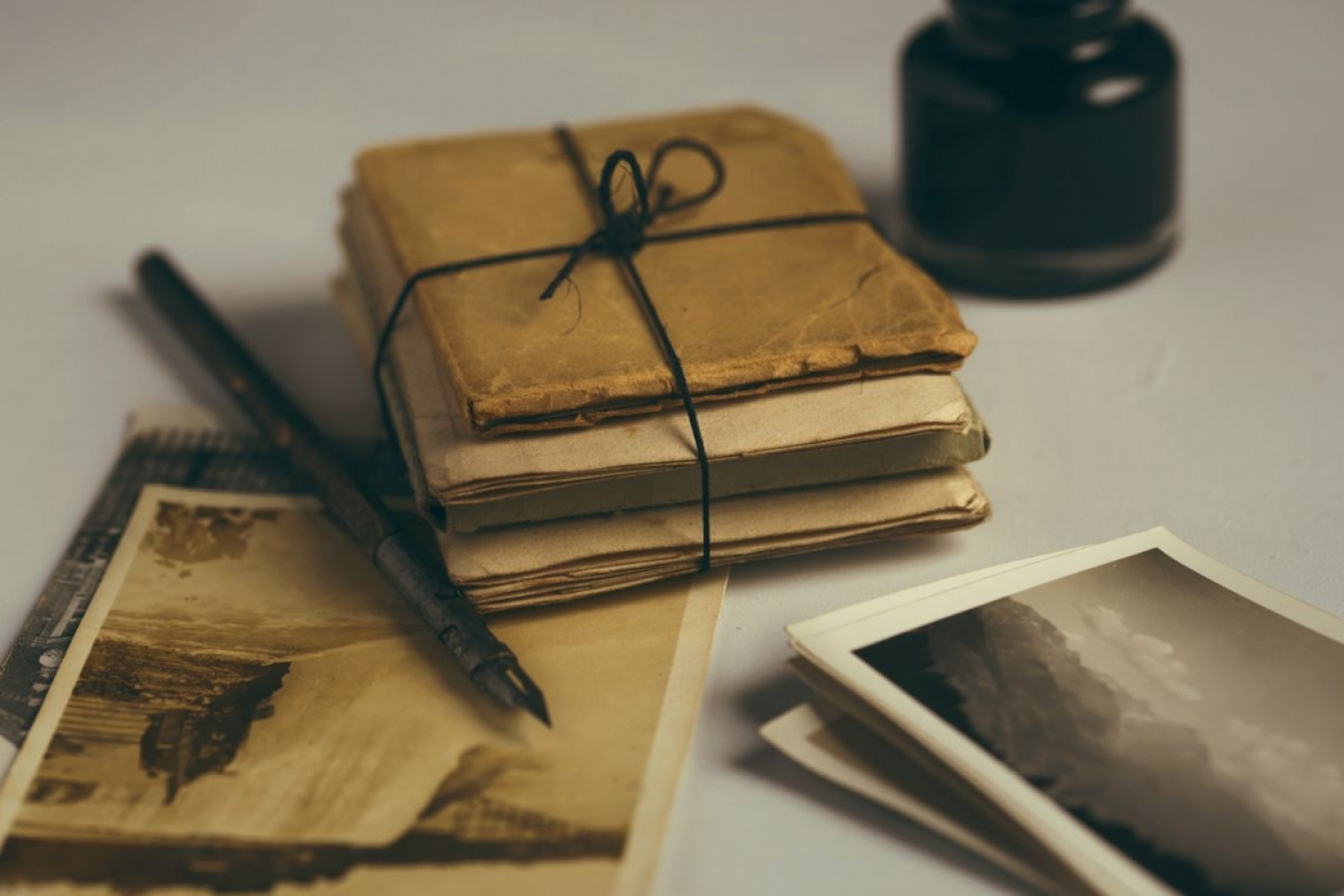This week Royal Mail launched Letters of Our Lives, ‘a nationwide search to discover long-forgotten letters and postcards that reveal our social and political history, as told by the people who lived it.’ It’s part of the 500th anniversary celebrations of the Royal Mail. I can’t wait to discover the personal stories this campaign reveals.
Letters are special to me in a way that no electronic communication could ever be, despite my avid use of social media to keep contact with friends and family scattered across the continents.
As a child I corresponded with an international network of penfriends amassed through school, on holidays, and via exchange trips to Germany and France. When I went to university and to work abroad, I cherished the arrival of letters from friends in far-flung cities. There were no texts, no FaceTime, no WhatsApp, no Facebook, no Instagram to stay connected – just a few sheets of Basildon Bond to share our stories.
Thankfully, I still have many of those letters, and I treasure their tangibility. The feel and smell of the paper, the familiar and oh-so-personal loops of the handwriting; they connect me physically to the people who wrote them. They touched the paper, held the pen, blew the ink dry, licked the stamp.
Letters from generations past have an even deeper resonance for me. I’m fortunate to have the letters which sent by my German grandfather from the Eastern front, culminating in that devastating correspondence from his commanding officer in 1943 informing my grandmother of his death. I also have letters exchanged between my British grandparents during the Blitz, relating their separate experiences in London and Manchester. They convey the anguish of enforced separation, the trauma of conflict, and a depth of affection which no doubt was rarely communicated in public.
The rise of digital communication and social media inevitably consigns personal letter-writing to history, at least in in the medium term. Our children will have an array of social platforms at their disposal on which to nurture their relationships and share their experiences.
But I do mourn this particular lost art of communication, and wonder what this means for future generations, and their attempts to connect emotionally with the defining experiences – and the day-to-day lives – of their forebears.
70 years from now, will my grown-up granddaughter be exploring my Facebook posts or reading my tweets? I doubt it. And even if she is, how much will my brief updates, retweets, selfies, emojis and shared memes tell her about me, and will she feel the same profound connection to the digital me that I feel to the grandfathers I never met when I hold those handwritten letters.
